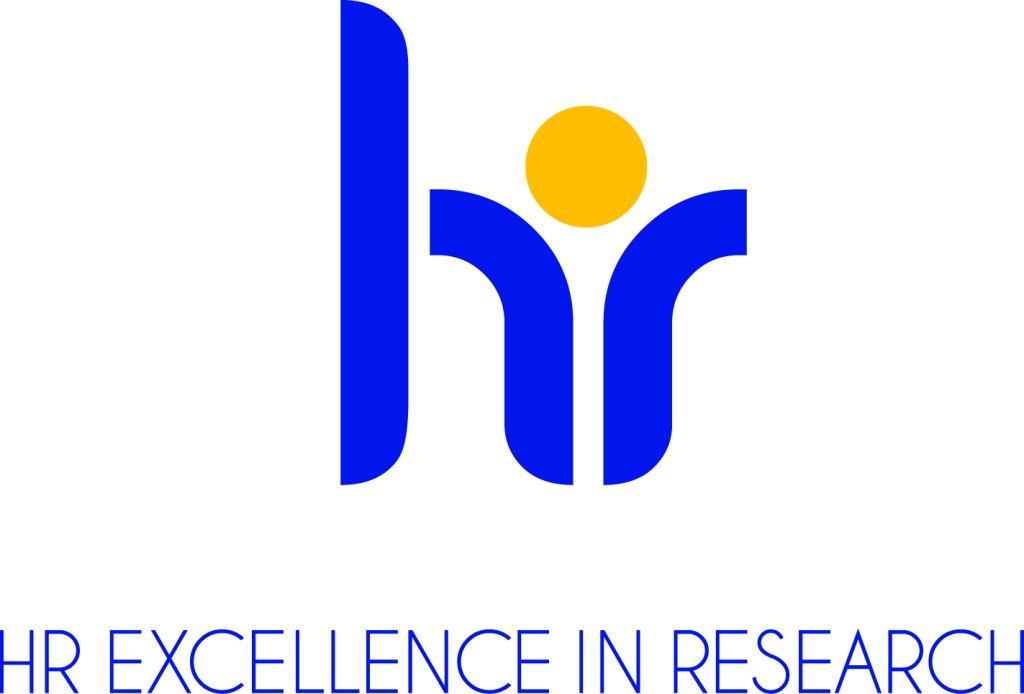„Medycyna Nowożytna” T. 21, 2015, fasc. 1
12.02.2022
Maria Joanna Turos Vocational training of medical staff of the Polish army in the years 1815 – 1830 under „Przepisów służby zdrowia wyiętych z ogólnego urządzenia administracyi i rachuby wewnętrzney dla woyska polskiego wszelkiey broni zatwierdzonego przez Komitet Woyskowy” The text is a representation and a reminder of the document based on which develops military health service […]
„Medycyna Nowożytna” T. 21, 2015, fasc. 2.
12.02.2022
Katarzyna Pękacka-Falkowska Defining the Scope of Professional Practice of Sugeons and Barber-Surgeons in Early Modern Thorn (in the 18th century). The case of Johann Zander In the Polish-Lithuanian Commonwealth barber-surgeons and surgeons were usually engaged in quarreling against each other about the scope of their professional practice. Thus up to the end of the 18th century […]
ORGANON 47, 2015
11.12.2021
Catherine Collobert — The Audience’s Response to Plato’s Eschatological Myths: Aesthetic Experience at the Service of Morality 5 Dariusz Piętka — The Concept of Intuition and its Role in Plato and Aristotle 23 Arbogast Schmitt — The Significance of the Recovery of Hellenistic Philosophy for Modern Self–Understanding 41 Robert Zaborowski — Plato and Max Scheler on the Affective World 65 Agnieszka Piejka — The Role […]
Autorzy
11.12.2021
„Medycyna Nowożytna” 2013, z.1. Grassmann Magdalena – dr n. med., historyk medycyny, historyk, kierownik Samodzielnej Pracowni oraz Muzeum Historii Medycyny i Farmacji Uniwersytetu Medycznego w Białymstoku. Zainteresowania: historia lecznictwa na terenie Kresów Wschodnich w XIX–XX w., medycyna ludowa, muzealnictwo medyczne w Polsce i na świecie. magdalena.grassmann@umwb.edu.pl Magowska Anita – dr hab., kierownik Katedry i […]
„Medycyna Nowożytna” T. 20, 2014, fasc. 1
12.02.2022
M. J. Turos Ignorantio -ignorance in the sense of legal and canonical as a substantive dimension of medical error with a particular focus on anesthesiology. The text is an attempt to look at the issue of medical error through the prism of legal and canonical tradition and force him deadlines. Magdalena Syguda Advices for pregnant women on […]
„Medycyna Nowożytna” T. 20, 2014, fasc. 2
12.02.2022
Adam Szarszewski, Piotr Paluchowski Epidemiological conditions and hygiene in the cities of Royal Prussia in XVI-XVIII c. The study after 1945 and research postulates In the article, the authors show key trends in research concerning supervision over the hygiene conditions and epidemiological status from XVI to XVIII century, which are extraordinarily important and extensive research subjects. It […]
„Medycyna Nowożytna” T. 18, 2012, fasc. 1/2
12.02.2022
Tomasz Dywan – historian, Department of History of Material Culture of the University of Wroclaw The response of the faithful to disease in the light of the 17th and 18th century books of miracles from the Catholic Marian sanctuaries of the Ruthenian lands of the Polish Crown There is no doubt that studies on ancient […]
„Medycyna Nowożytna” T. 15, 2008, fasc.1-2
12.02.2022
Jowita Jagla- Ph.D. art historian, University of Lodz „Uterine toads” and „abdominal snakes” – medical motive in the votive representations. In the 600th Anniversary Museum of Jasna Góra, there is a votive object in the shape of a toad, made in Vienna before the year 1675. The occult sign of the toad – magical animal of remote […]
„Medycyna Nowożytna” T. 17, 2011, fasc.1
12.02.2022
Jowita Jagla – art. Historian, University of Lodz Mystery of the skin (part I). Sacred healing towards to plague-like, dermatological and veneral diseases. (Figures of patron saints, iconography and presence in culture) The plague-like, dermatological and veneral diseases expose their presence in the ancient art mainly through the iconography of the healing saints. Skin infi […]
„Medycyna Nowożytna” T. 16, 2009/2010, fasc. 1-2
12.02.2022
Jowita Jagla – Ph. D – ats of historian, University of Lodz „Teeth, worms, pain and spell – reflection on the dental iconography and folklore”. The history of dentistry, and precisely the history of fighting the toothache, was formed with considerable difficulty. The professional literature was hard to reach (the problem regarding the […]




